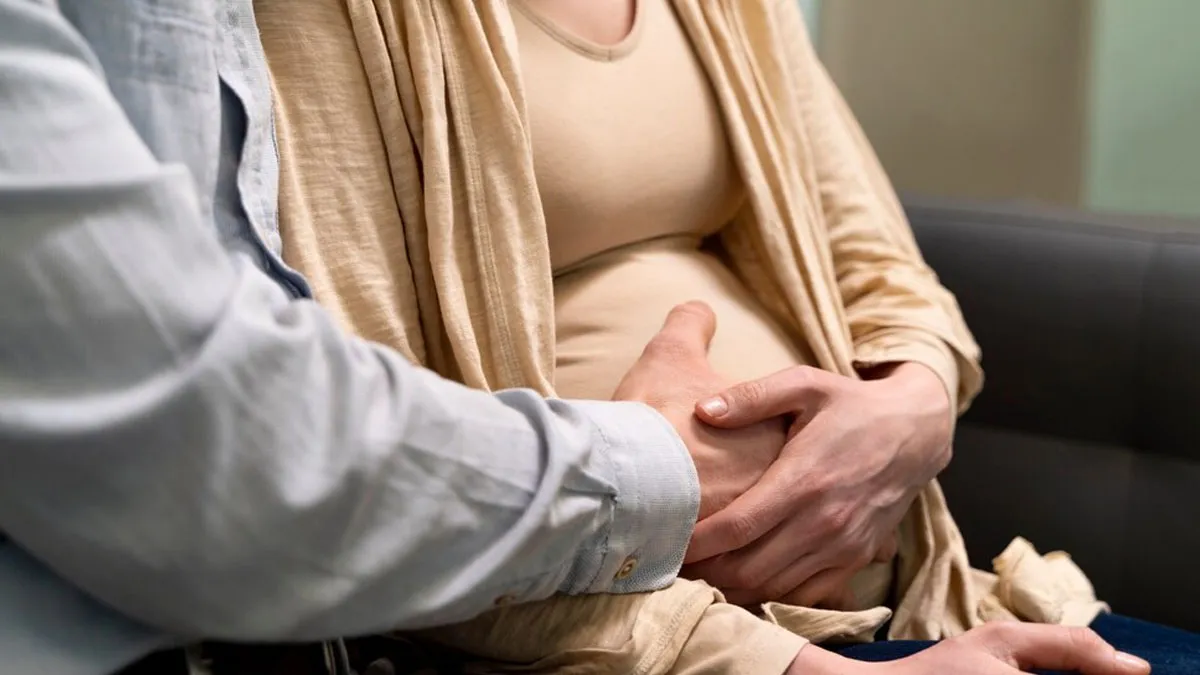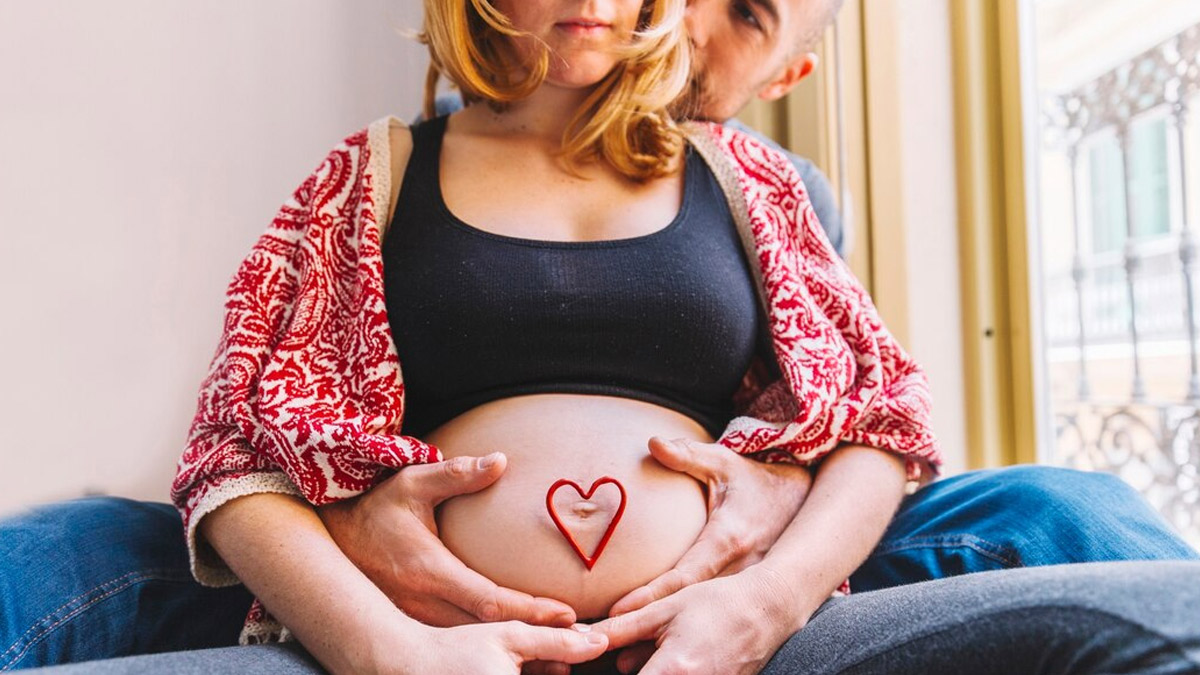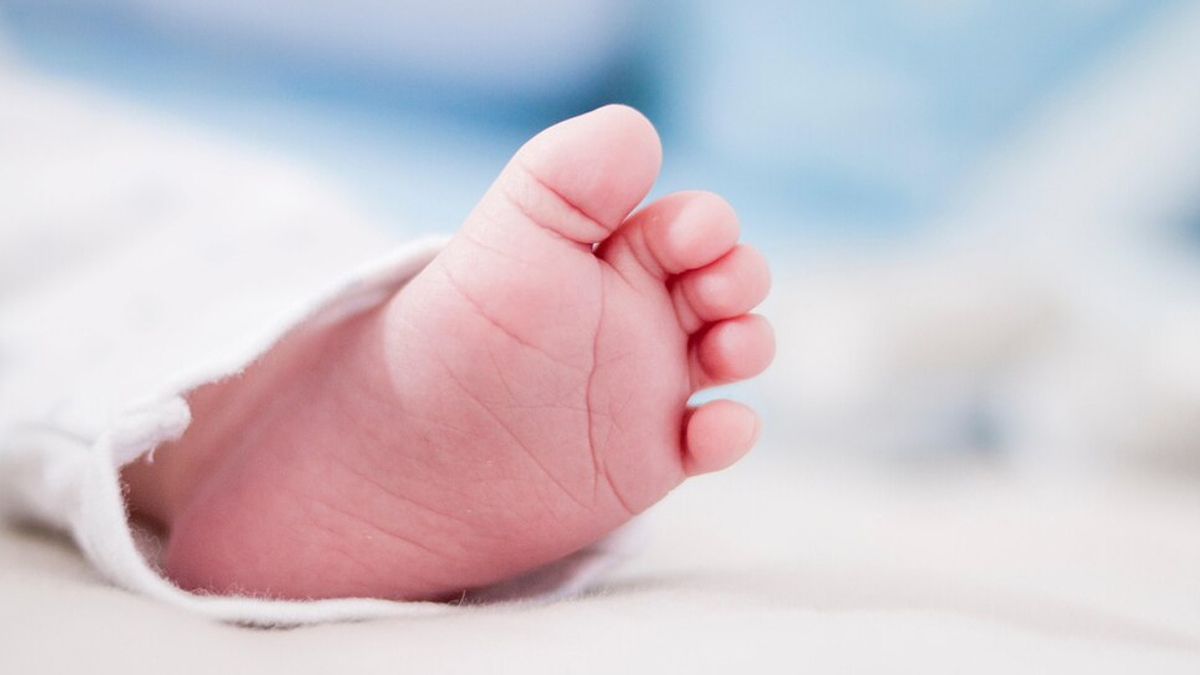
Women cannot become pregnant once they hit menopause. Menopause is the end of the menstrual cycle, wherein the ovaries stop producing eggs and women tend to lose their ability to conceive naturally. But the good news is some menopausal women, who wish to become pregnant, can still conceive with the help of In-Vitro Fertilisation (IVF). IVF is a medical procedure that fertilises donor eggs or previously frozen eggs with sperm outside the female reproductive system, in a laboratory, and then transfers the fertilised eggs to the uterus.
Table of Content:-
But this is a complex process that comes with several limitations and considerations to make. To help you understand better, the OnlyMyHealth team spoke to Dr Chinmayie R, Senior Consultant Fertility Specialist, Oasis Fertility, Bengaluru, who discusses the role of IVF and when it can be considered for menopausal women.
Also Read: In Vitro Fertilization: Lifestyle Changes To Improve IVF Success Rates
Can Women Get Pregnant After Menopause?

The answer is simple: No.
While sporadic, or irregular, ovulation may occur, which is very rare, "natural pregnancy after menopause is highly unlikely as the ovaries stop releasing eggs and hormone levels decline," explained Dr Chinmayie.
When Can IVF Be An Option To Get Pregnant During Menopause?

According to the doctor, in postmenopausal women, IVF works by using eggs from a donor, bypassing the need for the woman’s own eggs.
The fertilised embryos are then implanted in the uterus, offering a chance of pregnancy even when ovarian function has ceased, said Dr Chinmayie, adding that the pregnancy will be supported by medications.
A 2012 study published in the journal Expert Review of Obstetrics & Gynecology reported that for over 20 years, women aged above 50 successfully conceived using donor eggs and undergoing IVF. What was more fascinating is that the success rates were similar to those of younger women undergoing IVF. While older women did face higher risks of pregnancy complications, with proper care, they were able to see through the process.
But while IVF is an option and it allows women without viable eggs to still achieve pregnancy, it's important to consider associated risks.
Also Read: Do The Benefits Of IVF Outweigh The Risks? Experts Share Insights On The Side Effects
Medical Risks Of Post-Menopausal Pregnancy To Consider

When it comes to post-menopausal pregnancy, Dr Chinmayie warned of associated medical risks, such as gestational diabetes, preeclampsia, and hypertension. “These conditions are more prevalent in women over 50 due to hormonal imbalances and the natural decline in reproductive health with age,” she said.
Many countries have age restrictions for IVF. In India, as per the Assisted Reproductive Technology (Regulation) law, the age limit for women to undergo IVF is 50 years; this is due to the high medical risks and lower success rates as age increases.
Also watch this video
How we keep this article up to date:
We work with experts and keep a close eye on the latest in health and wellness. Whenever there is a new research or helpful information, we update our articles with accurate and useful advice.
Current Version